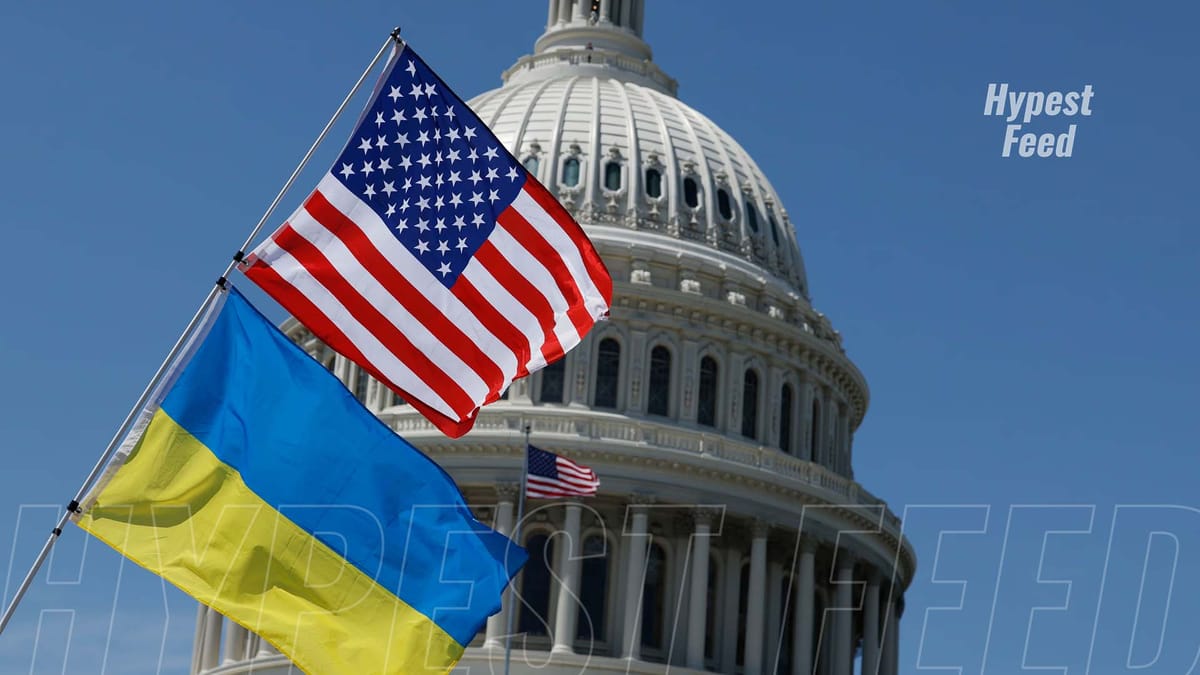In a significant development, the US Senate has given its nod to a substantial $95 billion (£76 billion) foreign aid package, encompassing crucial military assistance for Ukraine, Israel, and Taiwan. This legislation, ratified by the Senate on Tuesday evening following its passage in the US House of Representatives last Saturday, underscores America's commitment to bolstering key allies in strategic regions. President Joe Biden is poised to affix his signature to the bill, slated for formal enactment into law on Wednesday, marking a pivotal step in reinforcing US support for these nations amidst geopolitical challenges.
On Tuesday, Kharkiv, Ukraine's second-largest city, faced another assault amid a series of recent drone and missile strikes, leaving two people injured in a residential area. Ukrainian National Guard Commander Oleksandr Pivnenko anticipated potential Russian advancements towards the city, situated close to the Russian border.
From February 2022 to January 2024, the US provided Ukraine with over $40 billion in military aid, as reported by the Kiel Institute. In addition to support for Ukraine, the foreign aid package passed on Tuesday designates $17 billion to Israel and $9 billion to assist civilians affected by conflict worldwide, including Palestinians in Gaza. Furthermore, $8 billion is allocated to allies in the Asia-Pacific region, specifically aimed at countering China.
Reacting to the vote, Israeli Foreign Minister Israel Katz expressed gratitude to congressional leaders for their unwavering support for Israel's security, emphasizing the shared commitment between Israel and the US in combatting terrorism and upholding democratic values. Meanwhile, Chinese government spokespersons condemned the military aid provision for Taiwan, viewing it as a breach of the one-China principle and urging the US to refrain from supporting Taiwan's independence.
Incoming Taiwanese President William Lai welcomed the aid package, stating it would enhance deterrence against authoritarianism. Taiwan, a self-governing island, faces ongoing pressure from China, which considers it a separatist region. Additionally, the national security package includes a provision that could lead to a nationwide ban on TikTok, giving the China-based parent company nine months to divest its stake and find a US-approved buyer. Lawmakers supported the provision, citing concerns over potential data security risks associated with the app's Chinese ownership.



Member discussion: